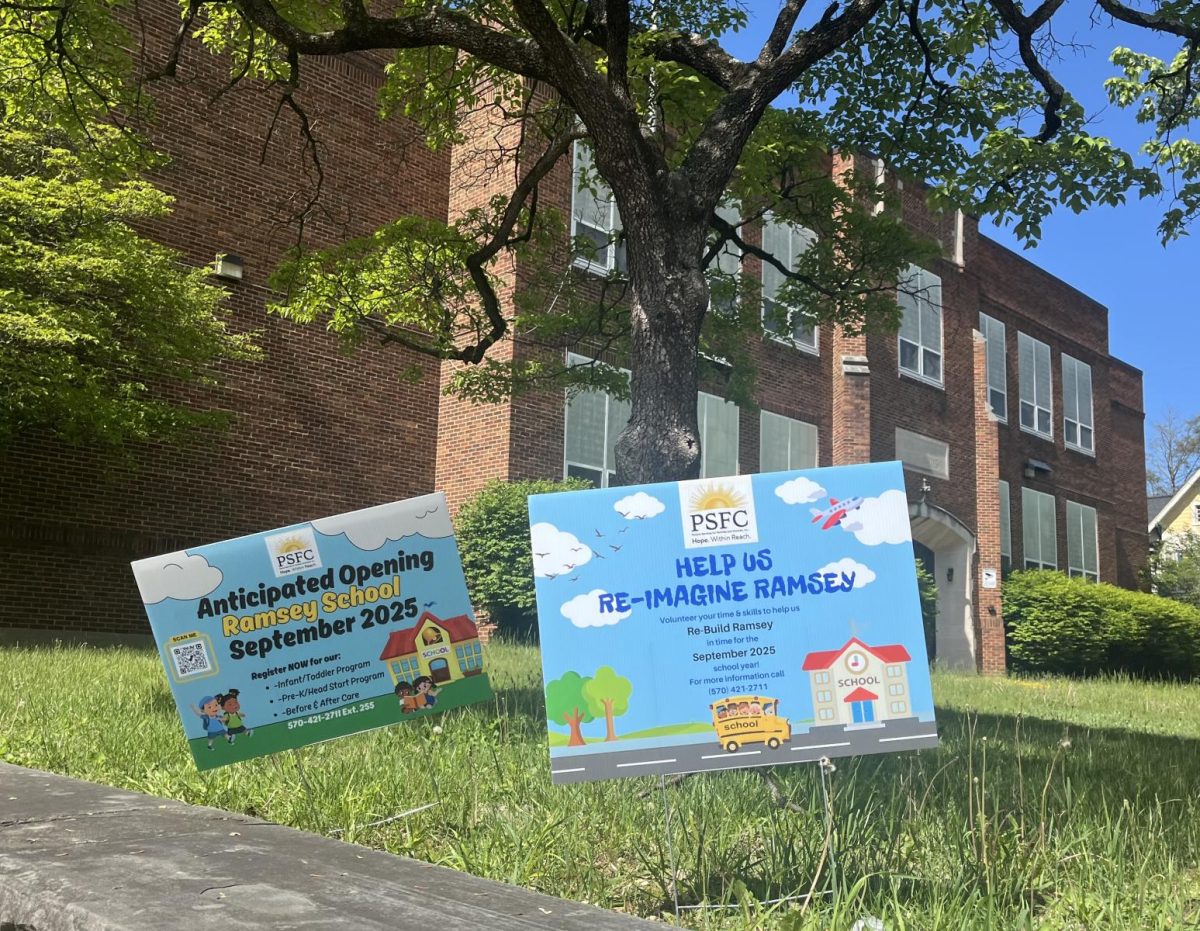House Bill 1557: Parental Rights in Education, otherwise known as “The Don’t Say Gay” bill, is being expanded. This bill is intended to protect parental rights and serves as a return to conservative education and instruction that prohibits instruction on sexual orientation and gender identity. This bill affects classroom instruction, reproductive health instruction, book bans, and student pronoun preference.
Florida Governor Ron DeSantis signed off on the bill which took effect on July 1, 2022, MyFloridaHouse.gov outlines the events and revisions leading up to the final vote.
Now the Florida lawmakers are pushing to make this bill go national.
The bill’s main purpose is to limit LGBTQ+ topics in school classrooms and to prevent teachers from affirming a child’s gender identity or pronouns, such as calling students by preferred names and pronouns.
According to the National Education Association’s website, beyond the eighth grade, the only topics that could be about the LGBTQ+ community allowed are in health classrooms when they are discussing sexual abstinence and sexually transmitted infections. Parents are offered the choice to pull their child out of these lessons if they do not agree with the teaching of different sexual orientations and genders.
The new law establishes a policy in every public K-12 educational institution “that a person’s sex is an immutable biological trait and that it is false to ascribe to a person a pronoun that does not correspond to such person’s sex.” It is considered wrong to call someone anything that does not align with the sex assigned at birth.
This new policy is also embedded throughout the impacted State Education Code by defining “sex” as “the classification of a person as either female or male based on the organization of the body of such person for a specific reproductive role, as indicated by the person’s sex chromosomes, naturally occurring sex hormones, and internal and external genitalia present at birth,” as stated by the National Education Association.
In health class units that include HIV/AIDS are prohibited as they are often labeled as illnesses of the “gay disease” due to the higher rates of queer people experiencing them. This can include learning about the symptoms and ways to prevent the contracting of the illnesses.
This bill has been carried out in some states already, including North Carolina, Arkansas, Alabama, Iowa, and Indiana while Ohio, Missouri, and Louisiana are considering carrying it out as well.
A “Don’t Say They” bill (bill HB 1069) has also been passed in the same states mentioned above and is being considered in several others.
This bill will prohibit the use of students’ preferred names and pronouns but will also require school administrators and teachers to call home if a student is suspected of being a part of the LGBTQ community.
A student can be suspected by directly telling a teacher, hinting about it through classroom discussions, or being overheard in conversations with friends.
Because these bills don’t allow teachers to use preferred names or pronouns, it will require school districts to create a complaint procedure through which parents may raise concerns about compliance with the law within the school. Complaints must be resolved within seven calendar days. If the concerns are not resolved internally with the school, a parent may escalate the matter by either triggering an investigation with the State Department of Education at the school’s expense or by suing to obtain an injunction for damages and/or attorney fees.
Teachers who choose not to follow these rules could be let go at the end of their contract year. While tenure protections are available for those hired before 2011, schools may still attempt to portray violations of the law as “gross insubordination” or “misconduct in office” that could potentially be used as grounds for discipline or dismissal. It is also possible that the teacher could be stripped of their teaching license. All school staff could also be subjected to these disciplinary actions if they fail to report anyone caught breaking the rules.
For additional information check out the NEA website that outlines what you need to know.





































































































